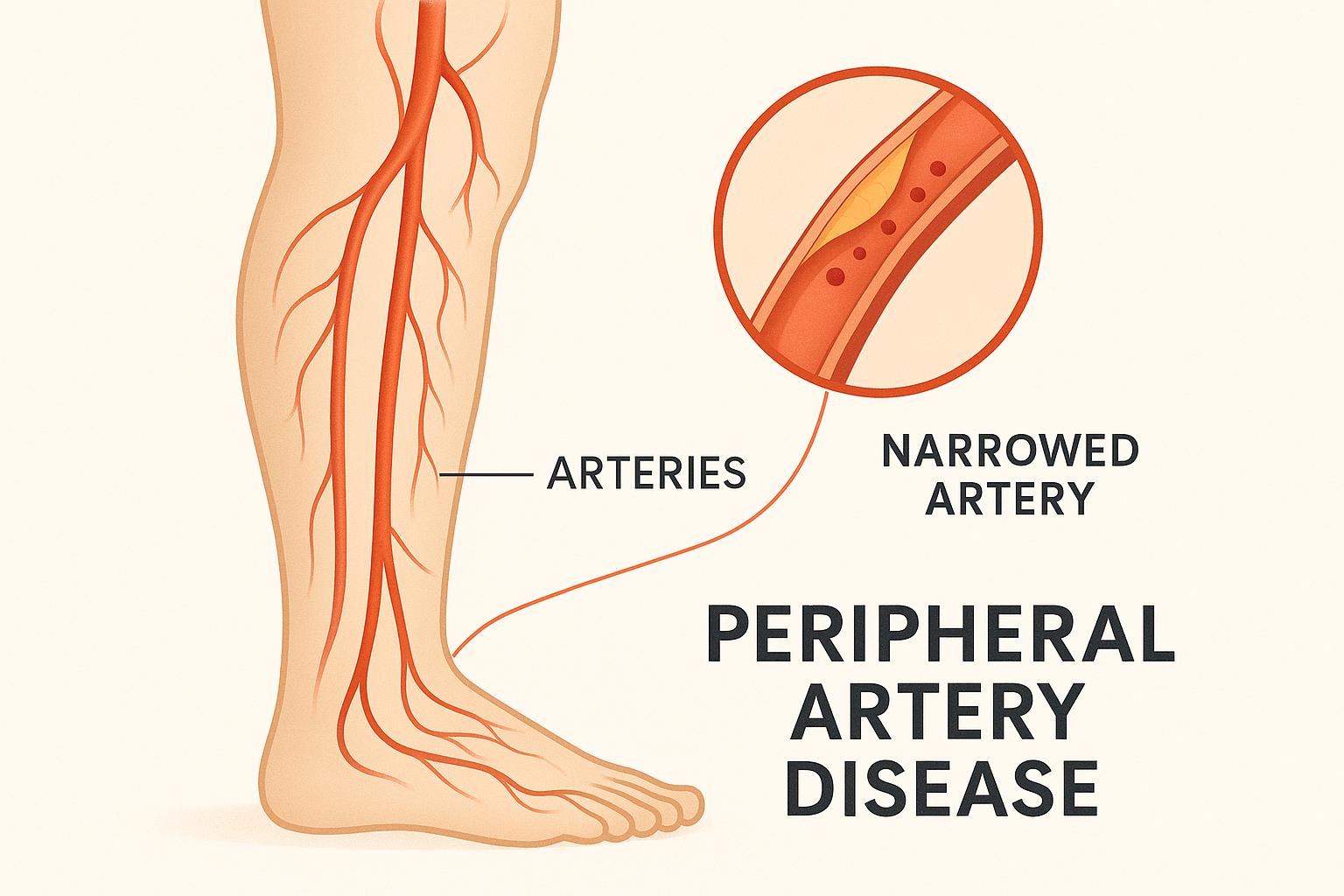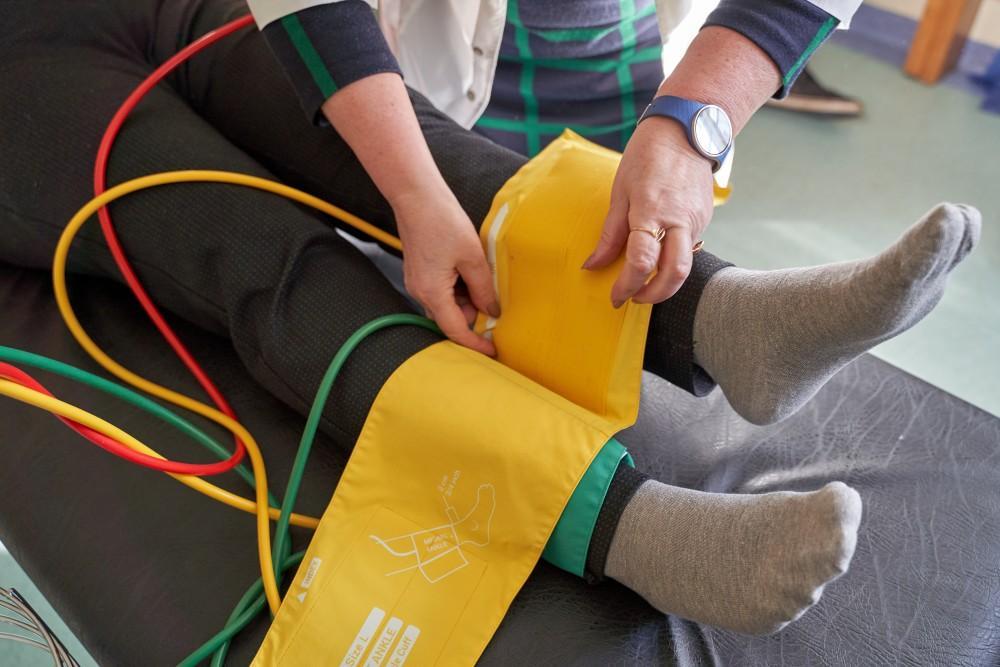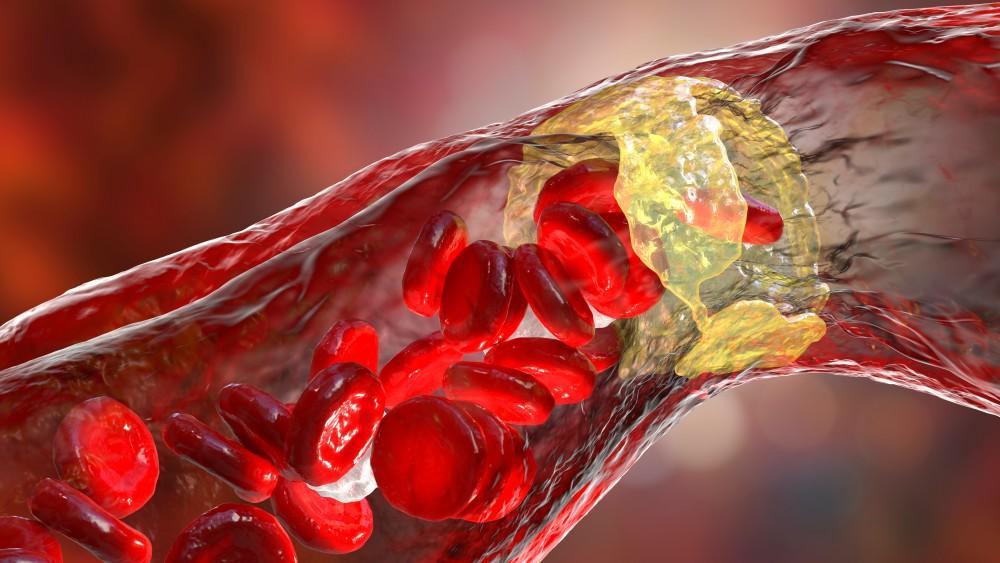Ever take your own pulse at the base of your neck? You’re feeling for the beat on your carotid artery. You actually have two: one on each side of your head. Your carotid arteries run from your aorta into your brain. As with any other internal organ, your environment and lifestyle can affect their health and yours, too.
Your carotid arteries are important, and knowing how to take care of them is crucial to your longevity.
What does it do?
Your carotid arteries’ primary function is to transport blood from your aorta to your brain. Your aorta controls the flow of blood to your heart and is the largest artery in your body. When blood reaches your carotid arteries, it splits in two directions: The path of the internal carotid artery feeds your brain, while the external carotid artery supplies your face and neck with nutrient-rich blood.
The carotid arteries have pressure controls within them: the carotid bulb, which lives at the intersection of your external and internal carotid arteries. The carotid bulb, also called carotid sinus, helps to keep your blood pressure healthy by regulating its flow from your aorta to your head and neck.
What can happen to the carotid artery?
As important as your carotid artery is, it’s vulnerable to a number of issues that affect your overall health. Any injury to the carotid artery is critical. Blood loss from a neck wound not only creates blinding pain, but can starve your brain of oxygen, killing your brain cells. This is one of the many potential causes of brain damage, though it’s less likely than other factors to affect you.
Carotid arteries can become inflamed, leading to a condition called vasculitis. Vasculitis can also occur as the result of an autoimmune condition called temporal arteritis. When your carotid arteries, or both arteries, become clogged, you could have a stroke. Other issues that can affect the health of your carotid arteries include:
- Atherosclerosis, or a build-up of plaque in the artery
- Carotid artery stenosis, the narrowing of the artery, usually because of atherosclerosis
- Amaurosis fugax, or temporary blindness in one eye caused by a piece of plaque breaking from the artery
- Carotid artery embolism, or a piece of plaque that travels to the brain, causing a stroke
Other conditions can affect the carotid artery, too. It is especially important to take care of your arteries, including managing any chronic conditions.
How do I take care of my arteries?
Start with a visit to Dr. Shah or Dr. Mangapally at Prime Heart and Vascular. Your provider will review your medical history, current medications, and any specific concerns that you have about your health. We suggest a re-evaluation of your lifestyle, diet, and exercise levels, and can start there to protect the health of your vascular system.
A balanced, healthy diet is the first step in proper artery care, with appropriate levels of cardiovascular activity included in your daily routine. If you aren’t fit for typical types of cardiovascular exercise, we can help you find exercises that are healthy and beneficial for you.
If you’re someone who is living with a chronic condition, like hypertension or diabetes, we will need to work with you and your primary care doctor to keep you on track and as healthy as possible. Controlling your chronic conditions is as important to the health of your carotid arteries as it is to your entire vascular system.
Keeping your carotid artery healthy and happy is essential to your longevity, and we’re here to help you stay active and bright. Call us today at 972-295-7017, or book an appointment with us online.





